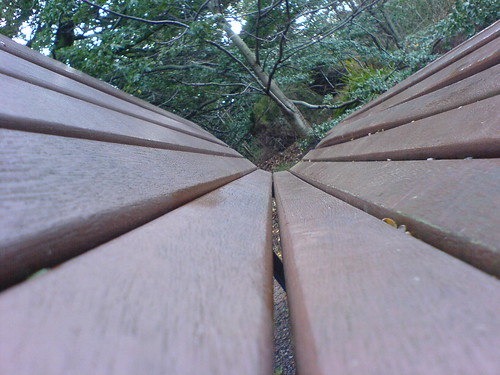This is a dark one. It came out of a conversation in mid-December, which strayed into a conflation between the three wise monkeys (see no evil, hear no evil, speak no evil) and the three Wise Men. Everyone else was very lighthearted, but I have never found the monkeys joyous. That kind of denial of the world around them always saddens me.
O Melchior, you brought me gifts of gold
To make a crown that you refuse to see:
You hide your eyes lest kingship make me bold,
Seduce me on the heights, corrupting me.
And Balthasar, who gave me frankincense,
Is deaf to my pronouncements. Are your fears
That I’d usurp my Father so intense
That cowering, you cover up your ears?
My Caspar, bringing myrrh, forsees such loss
And closes fast his mouth, unreconciled
To thoughts of death, the shadow of the cross:
A monstrous gift to bring a newborn child.
Dear kings, this all was planned, and you might trust
I’ll do not what I choose, but what I must.
Technically, I am not very satisfied with this poem. The language is strained – I should have rewritten it a few times before posting it, but I doubt I will ever go back and do so. It’s a rare example of a sonnet where I haven’t used an octave and sestet structure, but rather three balanced quatrains summarised by a couplet. It fits the three-part structures of both of the stories that converge in this sonnet.
In content terms, I found it very easy to map the three kings to the three monkeys. Caspar, in particular, works well as the wise man foreshadowing the death of the infant receiving his gift, struck mute by the horror of what he has to convey. The others hide out of fear, but he does so out of pity. The point of the poem, of course, is that none of them have the full picture, which is deeper and more frightening than they can possibly imagine.
I do think, before I start doing these in my Christmas cards, that I will have to choose more cheery themes.

